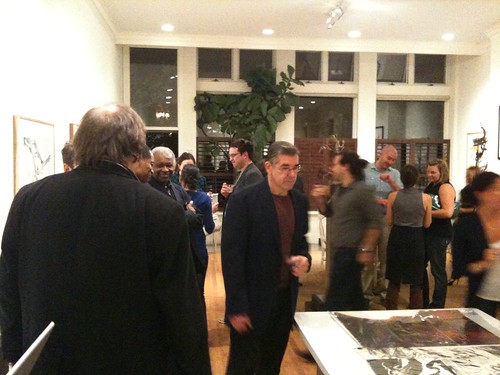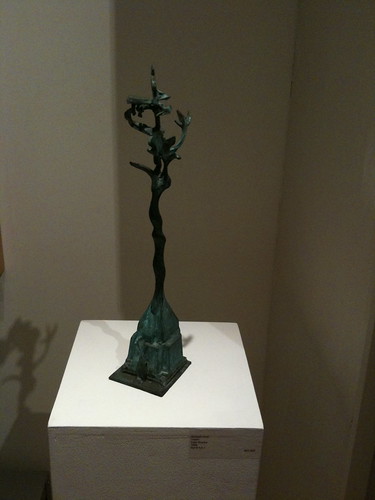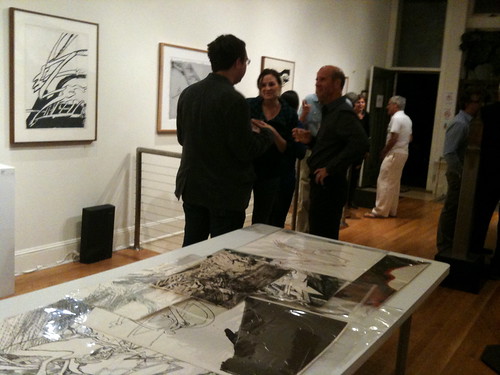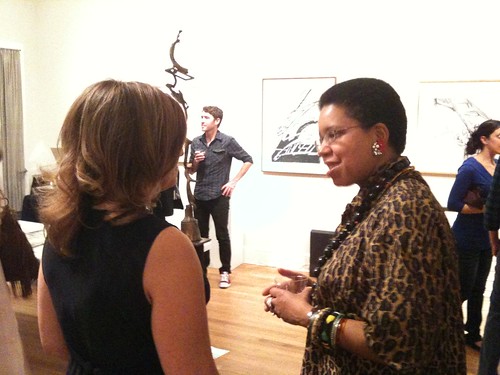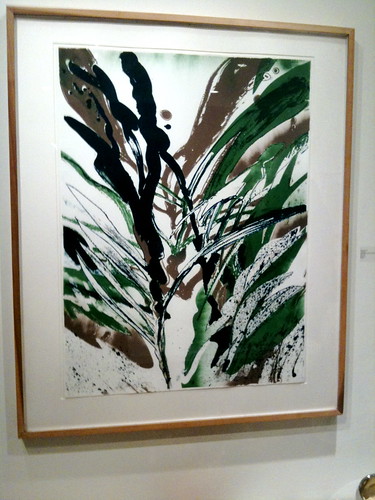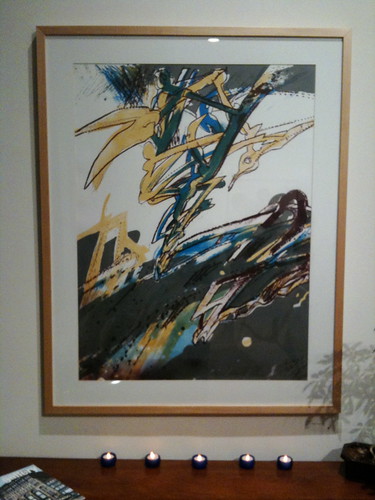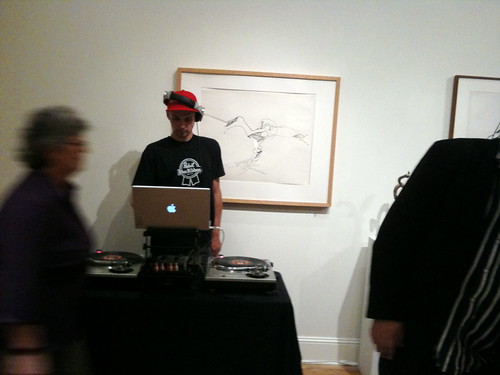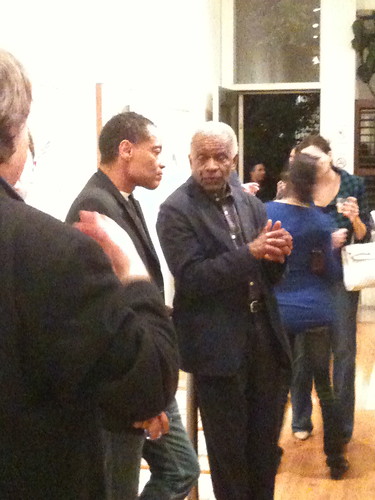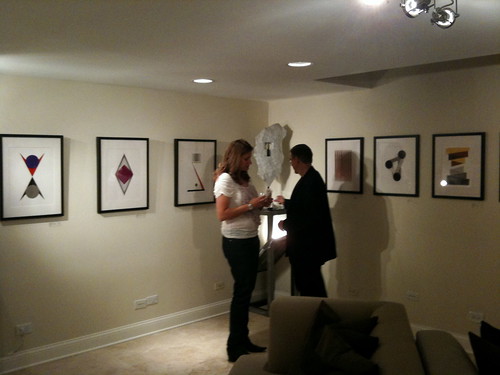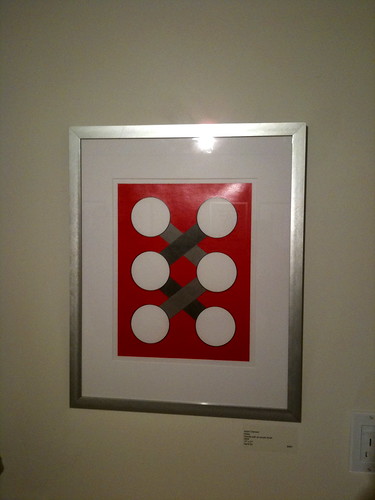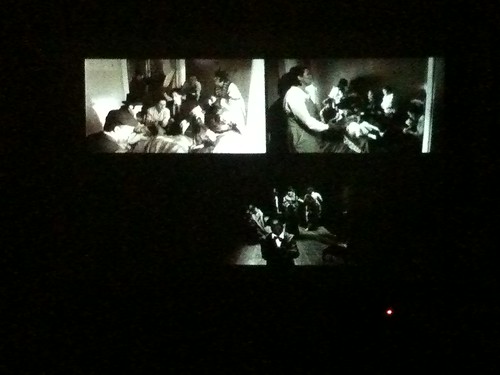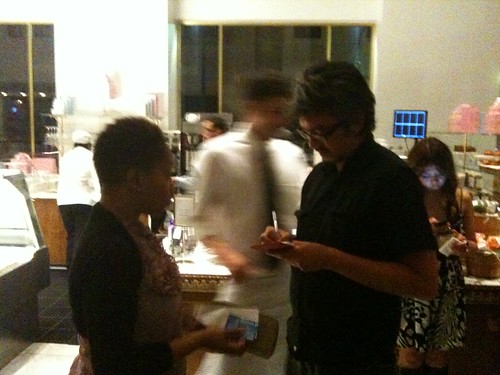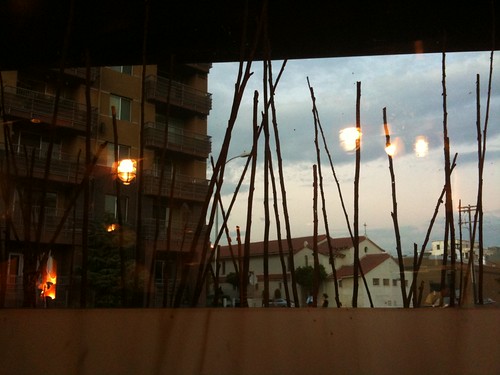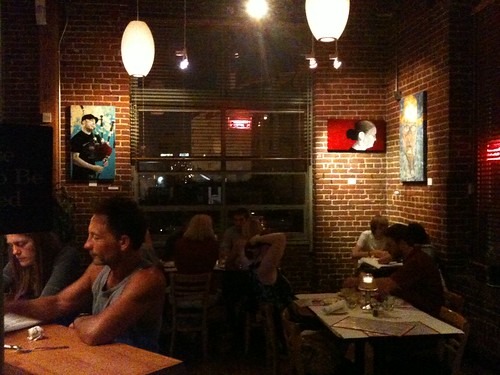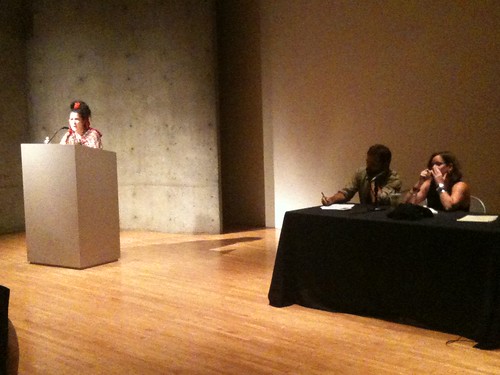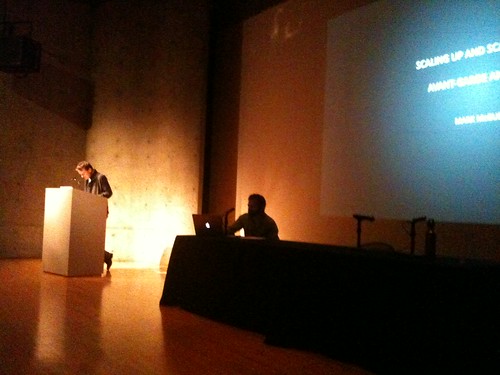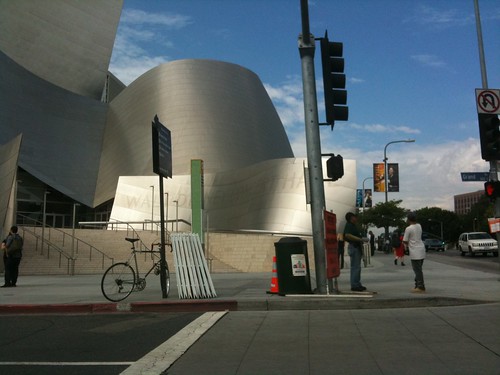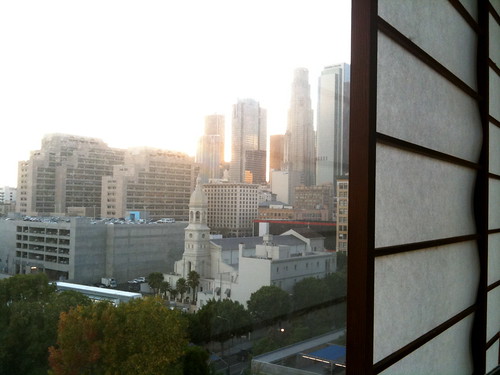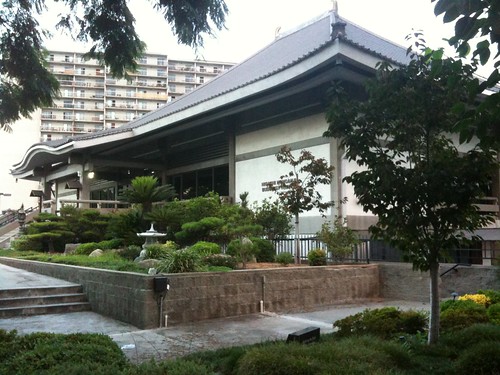You can be sure my answer to all of these is a resounding yes, and my arguments for their value would necessarily go beyond any immediate self-interest. Across the country, however, and especially at certain public institutions, both before but now particularly in the wake of the ongoing economic turmoil, humanities departments (and, to be fair, departments, programs and faculties more generally) are under assault. The initial post that caught my attention about this was Stanley Fish's October 11, 2010 New York Times Opiniator blog entry entitled "The Crisis of the Humanities Official Arrives." In it he noted that on October 1 of this year, George M. Philip, the president of SUNY Albany, had decided to eliminate the departments of French, Italian, Russian, classics, and theater. Fish, a famous professor of literary and cultural studies, public critic and intellectual, and a former dean at the University of Illinois-Chicago, went on to make some problematic assertions.
These included that the moment for French studies and theory, once the darling of the lit crit and cult studies set, was long gone and that the only foreign language literary and cultural game nowadays was Spanish (no Chinese? No Arabic?), and that humanities departments didn't earn their keep (we'll return to this below), before laying out the process by which Philip announced the end of these departments. What Fish did not do, because he could not, was turn to what he called the outdated "pieties" of the 19th century to defend the humanities, since as a "progressive" academic he no longer dared fool himself or readers that he believed in them (Enlightenment, pshaw!). Nor, it appears, does the SUNY Albany president, who noted rather bluntly that "that there are comparatively fewer students enrolled in these degree programs." Fewer bodies, so the departments and those who teach in them must go.
The fervor and furor of the comments were enough that Fish again blogged about the situation, in a post entitled "Crisis of the Humanities II." He began by noting that:
His main response instead was to cite commentary by administrators who spoke to him about cuts in state funding, which meant that there was no way that humanities departments at public institutions could make up the difference in lost funding in the same way science, engineering or business studies departments could. This then led to another point, quite interesting to me as a writer of fiction and poetry, a translator, and so on, as well as someone engaged in humanities work (writing about and teaching literature and the arts), which was that the humanities and arts people consume--the plays, the novels, the films, etc.--outside universities are quite different from the scholarly and critical study of them, and that what scholars and administrators ought to be doing is to justify those activities on their own merits, based on their contributions to their fields and related ones, to the production of knowledge itself, rather than arguing about benefits to the larger culture, to the "man on the street," in a directly instrumental way. (Though extrapolating outwards from this argument is a larger argument hinging on instrumentality.) Fish continued that a defense of humanities work would assist (sympathetic) administrators in making a case to legislators (and private funders, since this is an increasing component of public university funding) for the validity of humanities programs. Or, as Fish wrote:
The respondents make a number of points, but two are made repeatedly: (1) The humanities not only pay for themselves but help fund the sciences and (2) I dismiss traditional justifications of the humanities — the transmission of the best that has been thought and said, the humanities enhance society, and so on; you could recite them in your sleep — but I myself either have nothing to offer or end by offering a weak version of what I have dismissed.
Do you want a university — an institution that takes its place in a tradition dating back centuries — or do you want something else, a trade school perhaps? (Nothing wrong with that.) And if you do want a university, are you willing to pay for it, which means not confusing it with a profit center? And if you don’t want a university, will you fess up and tell the citizens of the state that you’re abandoning the academic enterprise, or will you keep on mouthing the pieties while withholding the funds?In yesterday's New York Times, eight scholars offered differing thoughts on the university humanities crisis, with some, important figures in humanities fields, suggesting that in fact French departments should, at least at some institutions not wealthy enough to support them, go the way of the Dodo bird. This comports with a larger societal trend I've written about before, in which the neoliberal model, once restricted to a small economic sphere, has since the Reagan-Thatcher era been increasingly applied to every aspect of American life, and is now not only part of the DNA of university administrations, but increasingly of society's view of how universities should operate. As I say, public universities are feeling the severest brunt of this. The University of Iowa has, like the University at Albany-SUNY, placed several departments or programs on the block. At Texas A&M University, the Wall Street Journal reports, all departments and faculty were subjected to a cost-benefit analysis, to see whether they were producing a net gain or loss in financial terms. So flawed has this process been that the administration pulled the spreadsheet listing the results from the University's website. The WSJ article notes, however, that Texas's legislature passed a law requiring all its universities to post online "the budget of each academic department, the curriculum vitae of each instructor, full descriptions and reading lists for each course and student evaluations of each faculty member. The law, the first of its kind in the nation, requires the information to be accessible within three clicks of the college's home page," and accessible in 3 clicks. Other university systems, the WSJ points out, have pressed the issue of "accountability" in a variety of ways, yet none appear to focus on the various non-monetary values of the work that faculty and graduate students undertake.
That said, back in August, the Times reported that there was a constituency apparently quite interested in the humanities--seniors. Though humanities programs are under budgetary and rhetorical attack, seniors are increasingly seeking them out as subjects for continuing educational-stage study. Mary Walshok, the associated vice chancellor at the University of California, San Diego's Extended Studies and Public Programs School offered one of the best and simplest rationales for the importance of the humanities (it might not please Stanley Fish, but it sounds appropriate to me):
“From where we sit, the humanities are more critical than ever because of their role in helping to understand the political and cultural context of the world we live in today,” Ms. Walshok said. “They contribute to Americans’ capacity to be good citizens, as well as enrich many areas of professional practice, given the effects of the global economy on so many spheres of work.”
Making the rounds today (I originally saw it, interestingly enough, on the Poetry Foundation's Harriet blog site) is a disturbing yet comical video that synthesizes many of the most negative discourses about pursuing a degree in the humanities today--in literary studies today--and being a professor of English. Note also the commentary about politics near the end. View it, and you'll see exactly what I mean (I particularly loved the mention of Harold Bloom, though nowadays wouldn't students mention Gayatri Spivak, or Stephen Greenblatt, or Marjorie Perloff, or Charles Bernstein?):
Lastly, Marc Bousquet's heartening ("inspiring") response to the video is here, on the Chronicle of Higher Education site.
Update: from Pierre Joris's Nomadics blog, here is Hélène Cixous's letter to University at Albany-SUNY president Philip:
November 29, 2010
Open Letter to :
George Philip, President
University at Albany-SUNY
Dear President Philip,
In April 2007 I visited the University at Albany, extremely happy to have been invited by Professor David Wills to participate in a conference organized around my work. I had the distinct impression that the university was an institution focused on intelligence and culture, a place open toward the future, thriving on new initiatives. I encountered very high quality faculty and graduate students and found the sciences of thinking represented there to be strong and alive. I had the feeling of excitement experienced by every scholar or student of knowledge who is able to work with an engaged and motivated group of like minds.
One can judge the future of a country by the space that it provides for the Humanities. The warm welcome I received from the New York State Writers Institute, added to the intellectual atmosphere of the programs in French, Italian and Theatre, made me think that SUNY-Albany was a privileged place for emerging research, and that it possessed, in particular, the good political sense to watch over its interests. You cannot imagine how stupefied and indignant I was to learn that that institution was about to mutilate itself.
I don’t wish simply to be scandalized. I don’t want to believe that you are going, of your own account, to destroy your own riches. I’ll allow myself only to ask you to stop the ill advised process that will surely and irremediably weaken you. It is as if one were to cut out one’s own tongue. Don’t do that.
In 1968 I founded the Université de Paris 8, which still remains an experimental jewel within the French university system. I know full well that one has to struggle in order to allow the proper values for insuring the worthy and dignified development of students to flourish. They are your children, whom you must provide with the best opportunity for succeeding in the world. And, as Aeschylus said, “blood once shed cannot return to the veins”. Beware of doing something that is irreversible.
I would be very sad to know that the University at Albany had stifled its own breath. I want to believe, dear President Philip, that you won’t make the wrong choice.
Hélène Cixous
Professor Emerita Paris 8 University
A.D. White Professor at large Cornell University
House playwright Théâtre du Soleil Paris
Writer, author of 70 volumes of fiction and theory
cc. Susan Phillips, Provost
Edelgard Wulfert, Dean, College of Arts and Sciences
David Wills, Professor, Department of Languages, Literatures and Cultures







